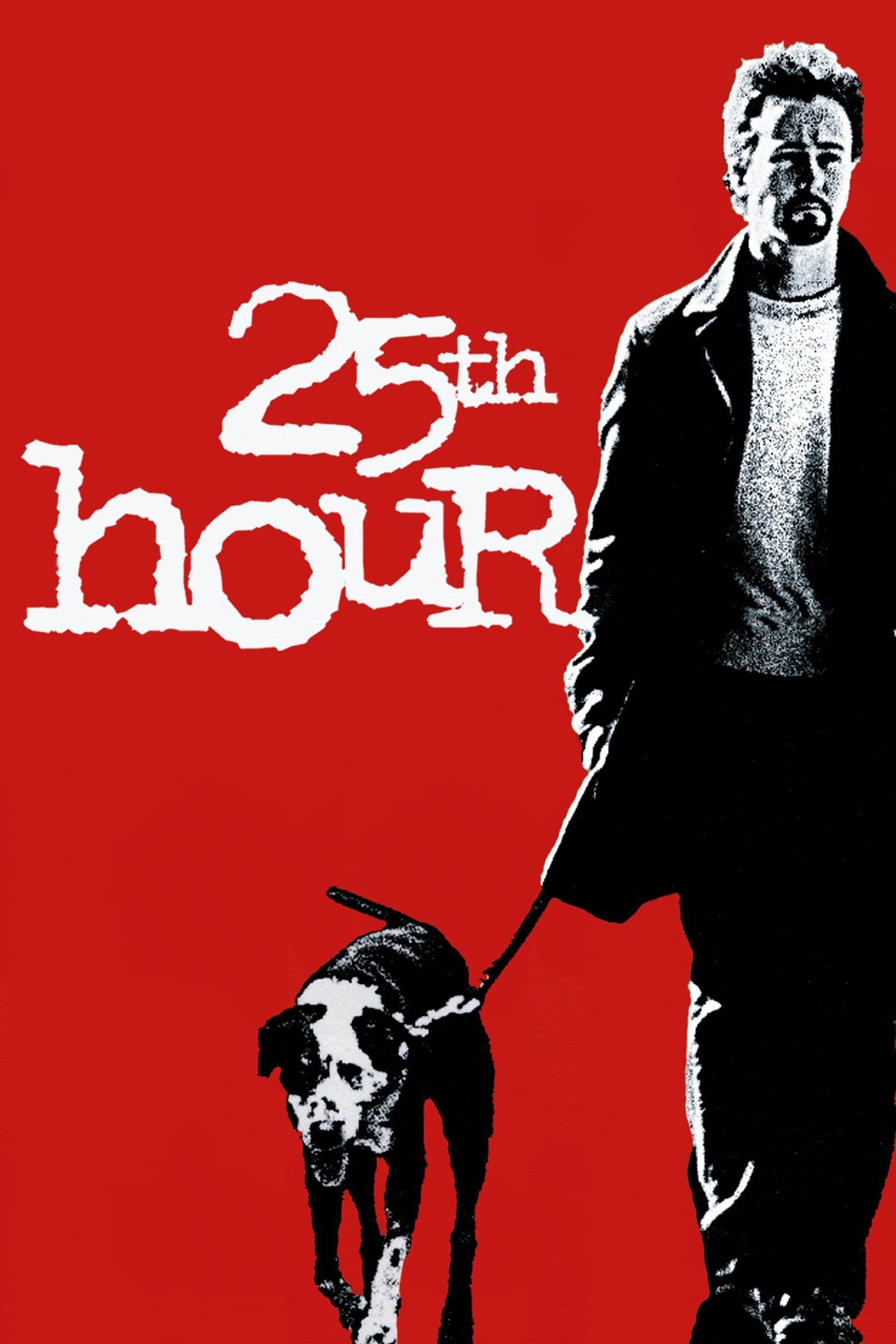
25th Hour
2002
Rate this movie
Average: 2.00 / 5
(1 votes)
Director
Based on a novel by David Benioff, a seminal work in Spike Lee's stylistic and poetic maturation, "25th Hour" marks a turning point, a melancholic epiphany within a filmography traditionally vibrant and often vociferous. Here, Lee abandons, or rather, sublimates the immediacy of direct social denunciation to delve into the labyrinthine folds of the human soul, exploring the inescapable weight of choices and the subtle erosions of identity in a context of impending personal catastrophe. The film emerges not only as a powerful psychological investigation but also as one of the most heartfelt and complex elegies to a wounded New York, that of post-9/11, whose torn yet indomitable soul pulsates in every frame.
A great actor in the lead role (Edward Norton) supported by a narrative steeped in agonizing pathos, in a narcotizing metropolitan beauty, hallucinated in its slow expansion, like an hour that does not exist. Norton, with his usual intensity, embodies Montgomery "Monty" Brogan, a man whose fall is as inevitable as it is self-imposed. His performance is a tour de force of vulnerability and defiance, a nuanced portrait of an individual who, despite apparent bravado, is consumed by regret and the awareness of his own weaknesses. The New York depicted by Lee is here more than ever a character in itself: not the glittering metropolis or the violent one of his previous works, but rather a wounded city, suspended between the memory of the Twin Towers (whose beams of light are a constant warning) and the necessity of a slow, painful rebirth. Rodrigo Prieto's cinematography captures this ambivalence with a palette of muted colors and melancholic lights, enveloping the narrative in a twilight, almost dreamlike atmosphere.
The story is that of a New York drug dealer who decides to retire from business to enjoy the proceeds of his dealings. But a tip-off will inexorably trap him, bringing him to the brink of detention. The man will have 24 hours left before bidding farewell to his city, his love, his two friends. Then he will plummet into the timeless limbo of the 25th hour: a sort of non-place where all certainties will dissolve. This race against time is not mere narrative tension; it is rather a device to dissect the dynamics of human relationships in the face of an imminent end. The bonds with his girlfriend Naturelle (Rosario Dawson), with the impulsive stockbroker Frank (Barry Pepper), and with the thoughtful literature professor Jacob (Philip Seymour Hoffman) become distorted mirrors of Monty's psyche, each reflecting a different facet of his past life and missed opportunities. Every encounter is a farewell, every dialogue a confession, every gaze a bitter reckoning.
A man alone with his desperate decisions: to stay or to flee? Memorable is the sequence in which Norton asks his best friend to disfigure him to avoid rape in prison. But perhaps it is the "mirror rant" monologue – an iconic sequence in which Monty spews his anger and contempt onto every ethnicity, social class, and urban archetype in New York – that represents the true pulsating heart of the film. It is not gratuitous hatred, but rather a brutal and cathartic self-awareness, a desperate attempt to project outward his self-loathing and shame, before facing the incarceration that will strip him of every facade. It is a moment of pure cinema, perhaps indebted to Travis Bickle's furious soliloquies in Taxi Driver, but here imbued with a more intimate melancholy and a more bitter awareness of his own condemnation. The request for disfigurement, then, is an act of extreme self-determination, a distortion of heroic masculinity, a symbolic surrender in the face of a destiny more atrocious than death itself, an act of desperate preservation of the soul at the expense of the body.
The film starkly explores the theme of second chances that never arrive, of denied redemption, of identity crumbling under the weight of consequences. The 25th hour is not an extra hour, but an existential void, the non-time of imprisonment, where the past is a burden and the future a terrifying unknown. This distorted temporal dimension culminates in the moving finale, a long and almost dreamlike sequence in which Monty's father (Brian Cox) illustrates a possible, idyllic escape westward, a rural and anonymous existence, an elegy for a life that will never be lived. It is a fantasy of freedom that dissolves into the bitter reality of the penitentiary bus, a final, poignant caress to a shattered dream. Lee, with masterful skill, orchestrates a symphony of images and music (Terence Blanchard's soundtrack is a discreet and powerful lament) that elevates the narrative from the chronicle of a criminal to the universal tragedy of a man grappling with his own finitude and his demons.
A work of great narrative and elegiac depth, a postmodern poetics that enchants with its gritty melancholy, "25th Hour" establishes itself as a silent and pervasive masterpiece. It is a testament to Spike Lee's ability to explore new thematic and stylistic depths, to confront disillusionment and loss with unexpected sensitivity. The film offers no easy answers or catharsis, but merely contemplates with unsparing honesty the fragility of the human condition and the inevitable arrival of the reckoning, leaving in the viewer a lasting echo of introspection and a profound sense of loss. It is the chronicle of a farewell, the analysis of a fall, and, perhaps, Lee's most intimate and disenchanted love letter to his city.
Genres
Country
Gallery
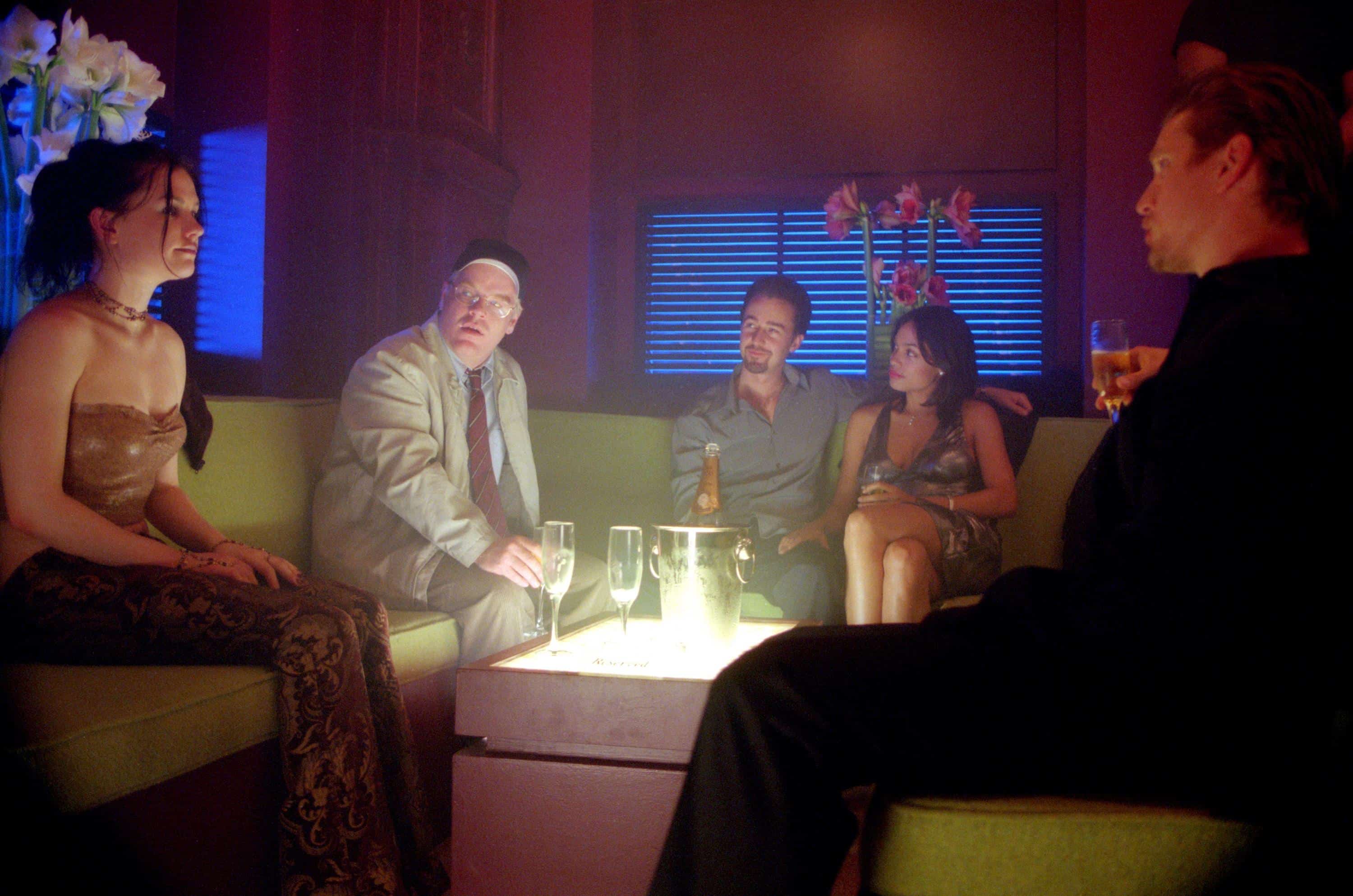
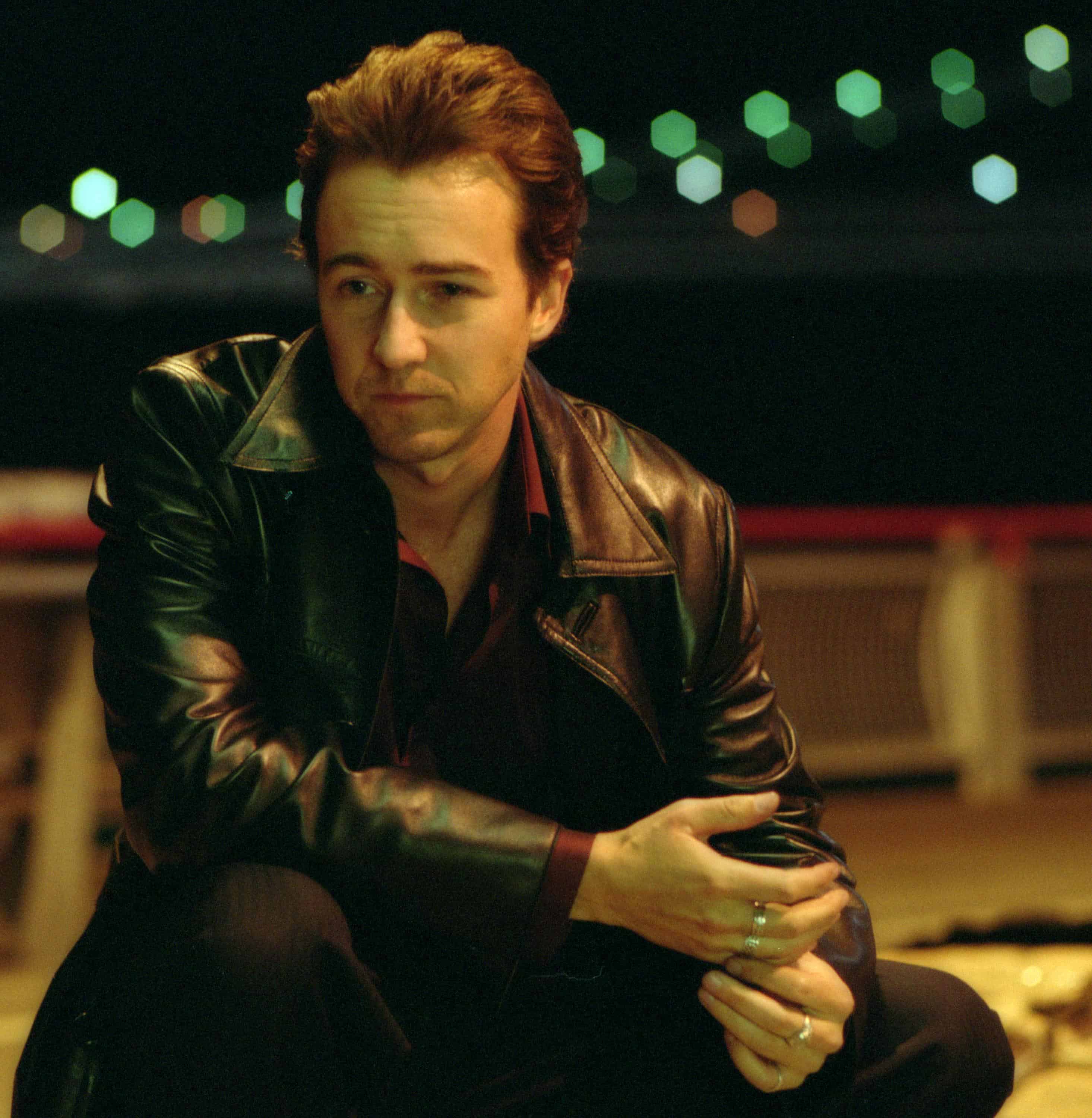
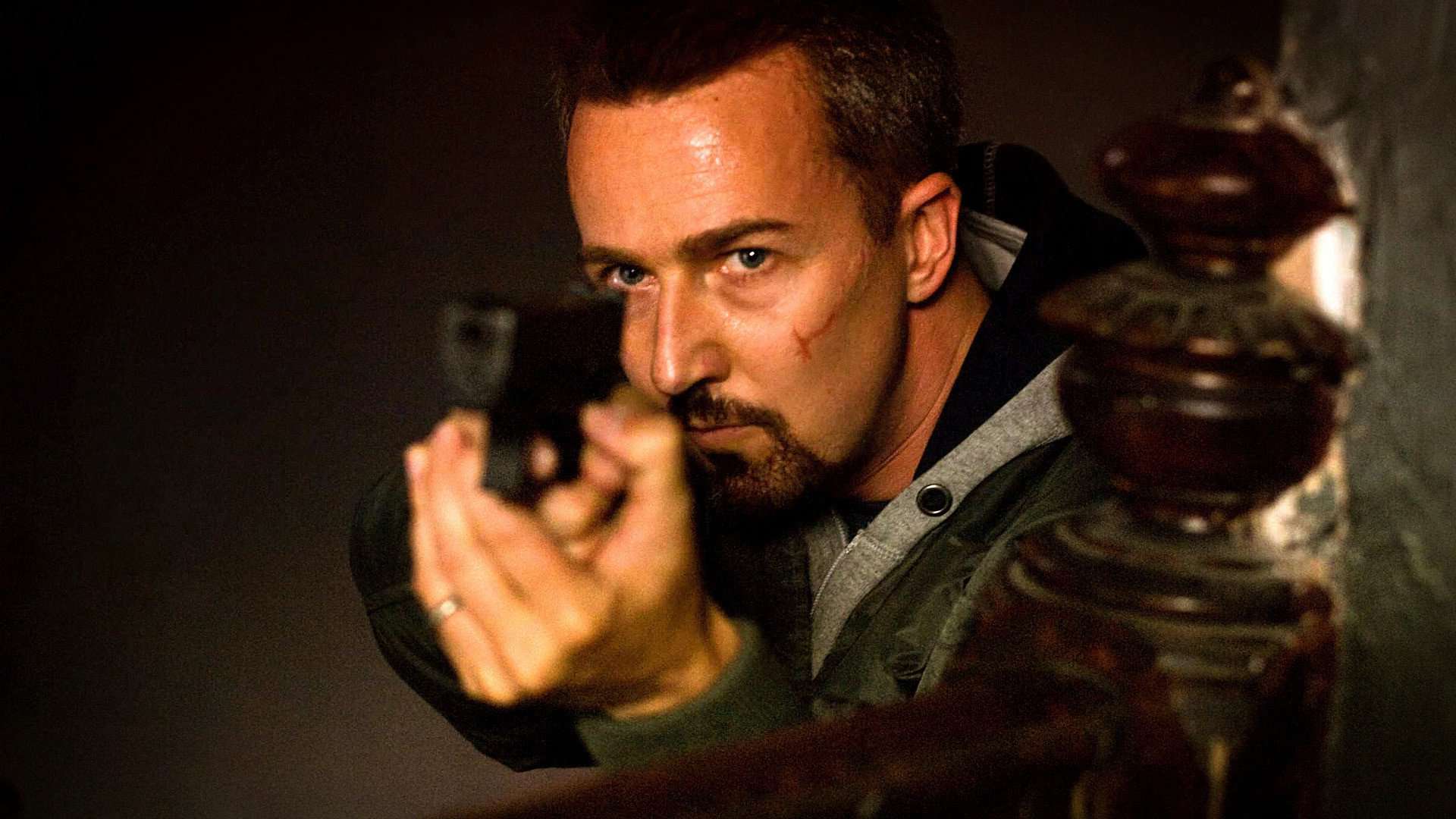
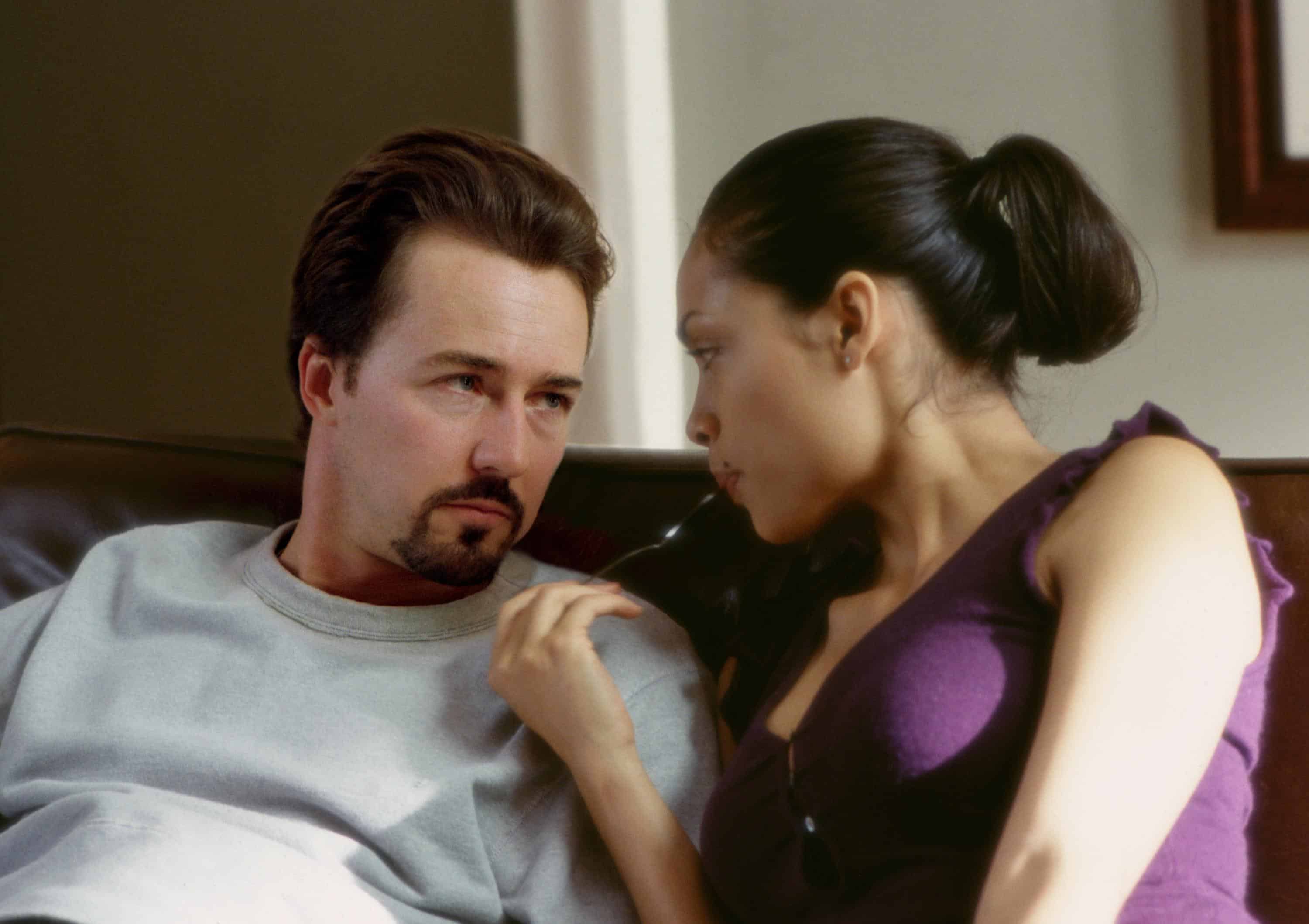
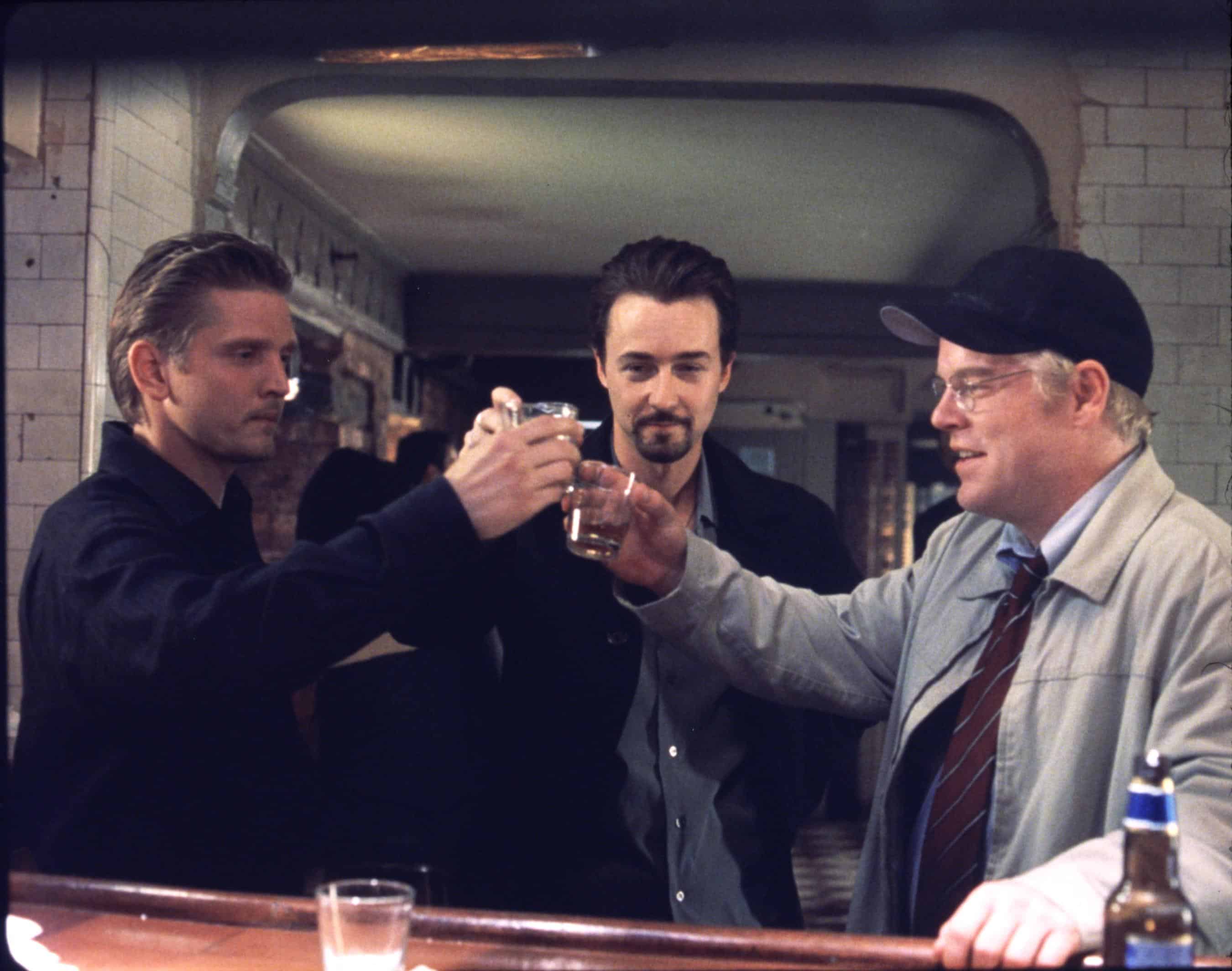
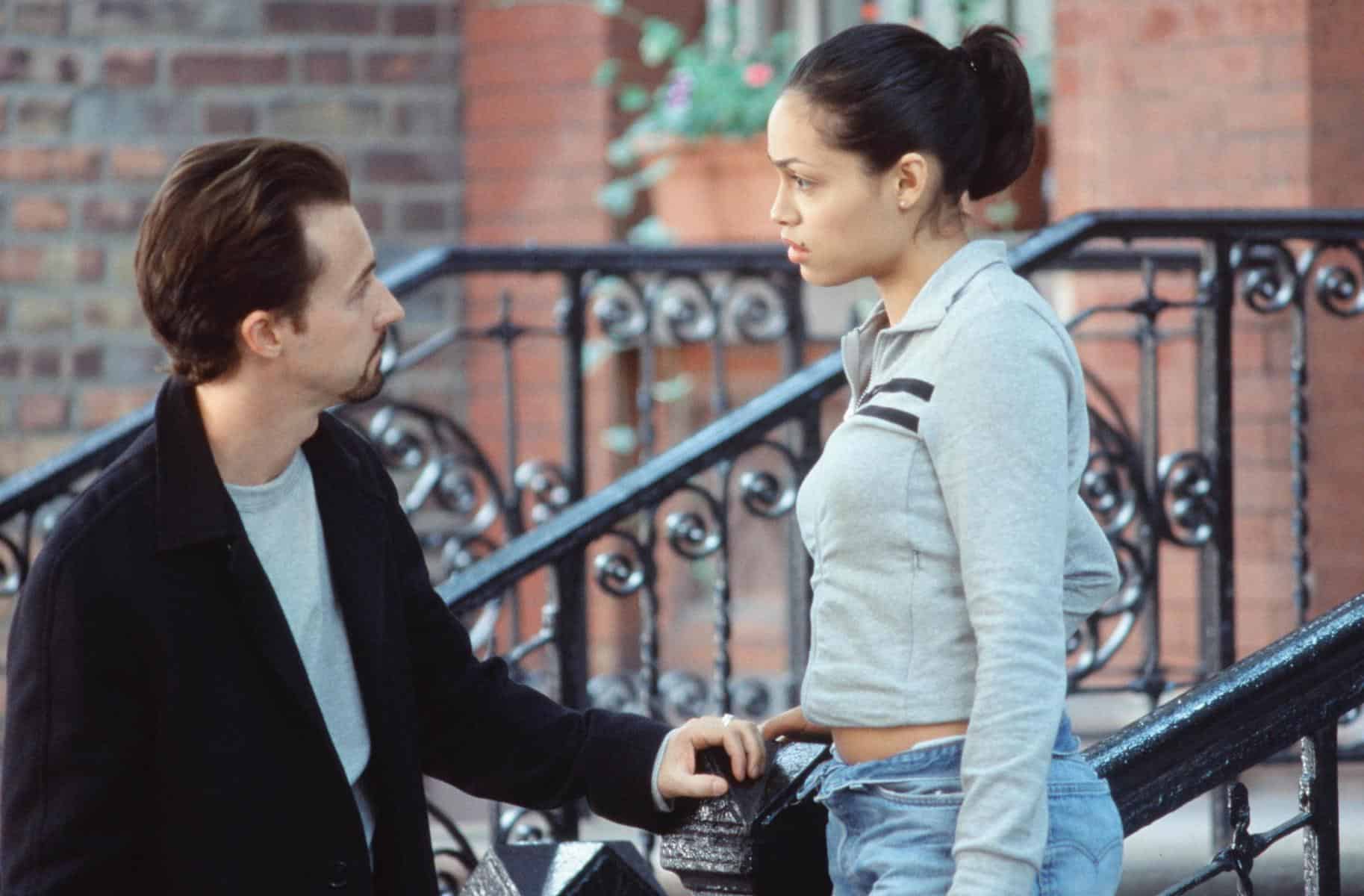
Featured Videos
Official Trailer
Comments
Loading comments...